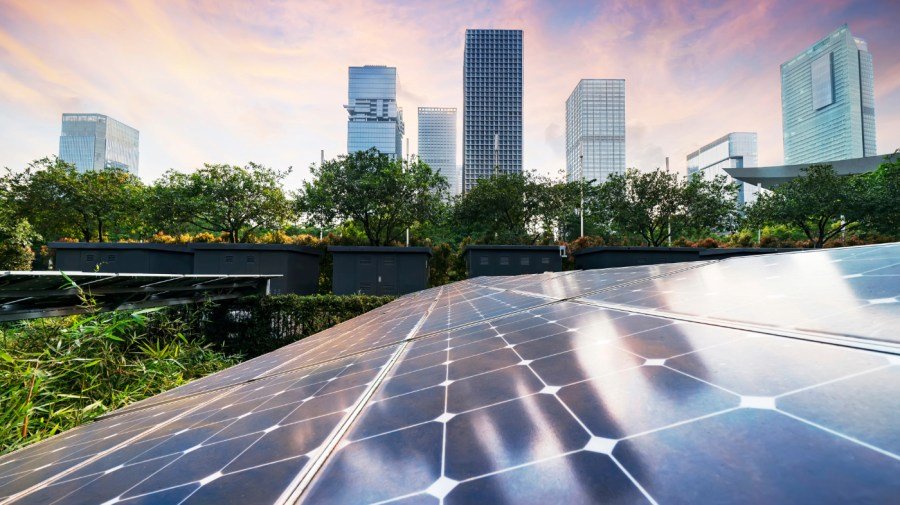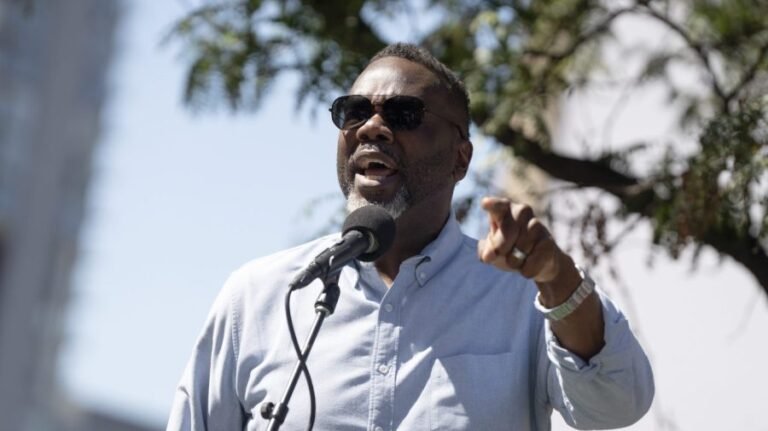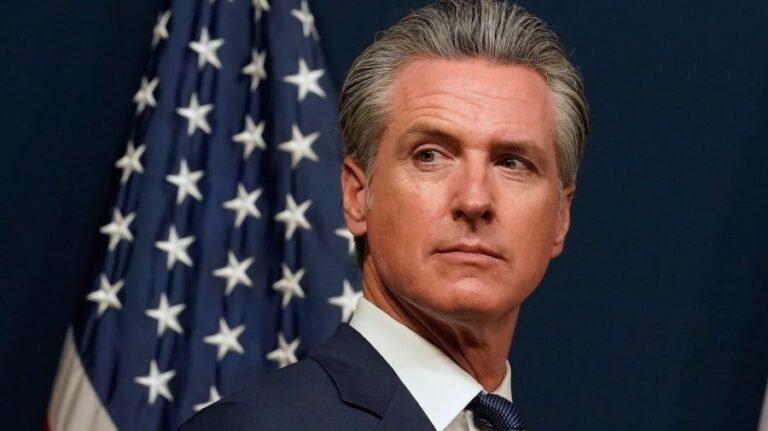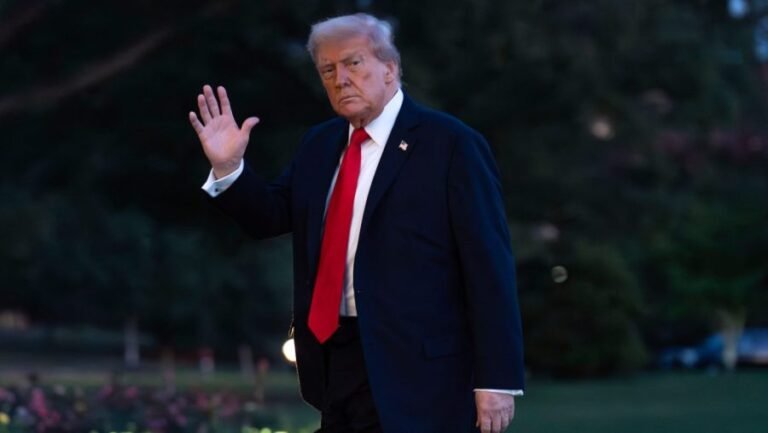
Paul Bledsoe is a highly respected veteran of America’s climate battles. He has been in the trenches a long time, including a stint in former President Bill Clinton’s Climate Change Task Force. He is now a lecturer at American University.
Writing in The Hill recently, Bledsoe warned that millions of Americans have been turned off by radical “fossil fuel prohibitionists” who want to ban traditional fuels and undermine “average citizens’ ability to enjoy a middle-class lifestyle.”
Of course, it’s the rapid advance of climate change, not opposition to fossil fuels, that most threatens our lifestyles. The climate-action advocates with whom I’m familiar argue (correctly) that a decarbonized economy would allow a considerably better quality of life than Americans enjoy today.
With more than 80 percent of U.S. energy consumption provided by oil, natural gas and coal, 90,000 Americans die prematurely each year because of fossil-fuel pollution. In fact, 156 million live where breathing is unhealthy, and 99.5 percent of congressional districts experienced at least one federally declared weather disaster between 2011 and 2024.
Given those consequences, life without fossil fuels looks inviting. It also looks desirable for pocketbooks. Even without counting the social costs of carbon, electricity generated from unsubsidized sunlight and wind is less expensive than electricity from coal- or gas-fired power plants. That’s been the case for the last 10 years, according to the financial analysis firm Lazard.
It makes little difference to the typical family whether their lights are powered by coal, natural gas, sunlight or wind turbines. However, it makes an enormous difference to the quality of the air they breathe, the outside temperatures, and the price of disaster insurance.
America’s middle-class lifestyles have survived big energy shifts before. This one is admittedly more significant, but so is the danger of more delay.
It has been 60 years since science advisers warned President Lyndon Johnson about the danger of fossil fuel pollution collecting in the atmosphere, and 48 years since President Carter told the nation, “We must start now to develop the new unconventional sources of energy we will rely on in the next century.” Thirty-eight years ago, the government’s chief climate scientist warned Congress that we were running out of time to prevent a global warming disaster. A full 33 years have gone by since the United States signed a treaty to stabilize the atmosphere, and 10 years since the U.S. and 195 other nations agreed to limit global warming. Two years ago, Congress and the Biden administration approved America’s largest-ever federal investment in clean energy.
It has taken President Trump and Republicans in Congress less than eight months to undo it all.
The real enemies of the middle class are the greedy captains of the oil-and-gas sector who continue gaslighting the American people, greenwashing the sector’s reputation, harassing opponents with lawsuits, placing profits above country and conspiring with the best politicians their money can buy.
They scored big with Trump. He is openly defying free-market orthodoxy by manipulating markets to accelerate fossil fuel production and suppress investments in clean energy. Fiscal conservatives should be marching in the streets.
Trump now says his administration will stop approving solar and wind projects. His energy policies arguably violate the federal securities and antitrust laws that prohibit anti-competitive practices. They definitely jeopardize the health and welfare of the American people.
Let’s be clear: It’s the laws of physics, not radical leftists, that determine the Earth’s “carbon budget” and the timing of the energy transition. By mid-century, we must emit no more greenhouse gases than we and nature can absorb. Then we must draw down the gases already in the atmosphere until they return to safe and stable levels — a capability we currently lack.
How disruptive would an adequate energy transition be? President George W. Bush, a former oilman, provided a useful analogy when he characterized America’s oil dependence as an addiction. The state of an addict’s health influences whether they must stop cold turkey or can undergo more gradual withdrawal.
Climate “doctors” say our Goldilocks environment is approaching end-stage failure. As Nature reported two years ago, “Had nations acted earlier to reduce emissions, they could have taken a much more gradual approach to limit warming. Now steep cuts are required.”
The International Renewable Energy Agency says that 90 percent of the world’s electricity can and should come from renewable energy sources by 2050. To get there, the world must double its current investment in solar, wind and other clean energy technologies.
It’s reasonable to ask whether a future without fossil fuels is possible. Reputable experts say an economy powered 100 percent by carbon-free energy is doable. Several have developed roadmaps on how to get there. Despite Trump’s efforts to suppress these technologies, their use is expanding worldwide.
Fossil fuels will not have a role in the future unless the industry eliminates carbon emissions not only at the point of combustion but also across their entire life cycles and value chains. They have yet to develop commercially scalable ways to do that. Even if they did, decarbonizing carbon fuels would significantly increase their costs, which would further cripple their ability to compete with renewable energy.
What will our lifestyles be like in a decarbonized economy? We can ask the neighbors who drive electric vehicles or have solar panels on their roofs. Their beer is still cold, their showers are still hot, and their EVs save money.
“The time for ideology on climate is over,” writes Bledsoe. “Neither the far right nor far left should define the terms of climate politics and policy.” He’s correct. The terms should be defined by science and humanity’s interest in a livable planet. As it happens, climate activists come much closer than fossil fuels’ defenders to what science and self-interest dictate we must do.
William S. Becker is a former U.S. Department of Energy central regional director who administered energy efficiency and renewable energy technologies programs. He also served as special assistant to the department’s assistant secretary of energy efficiency and renewable energy. Becker is executive director of the Presidential Climate Action Project.


